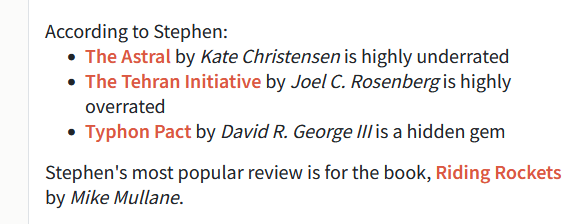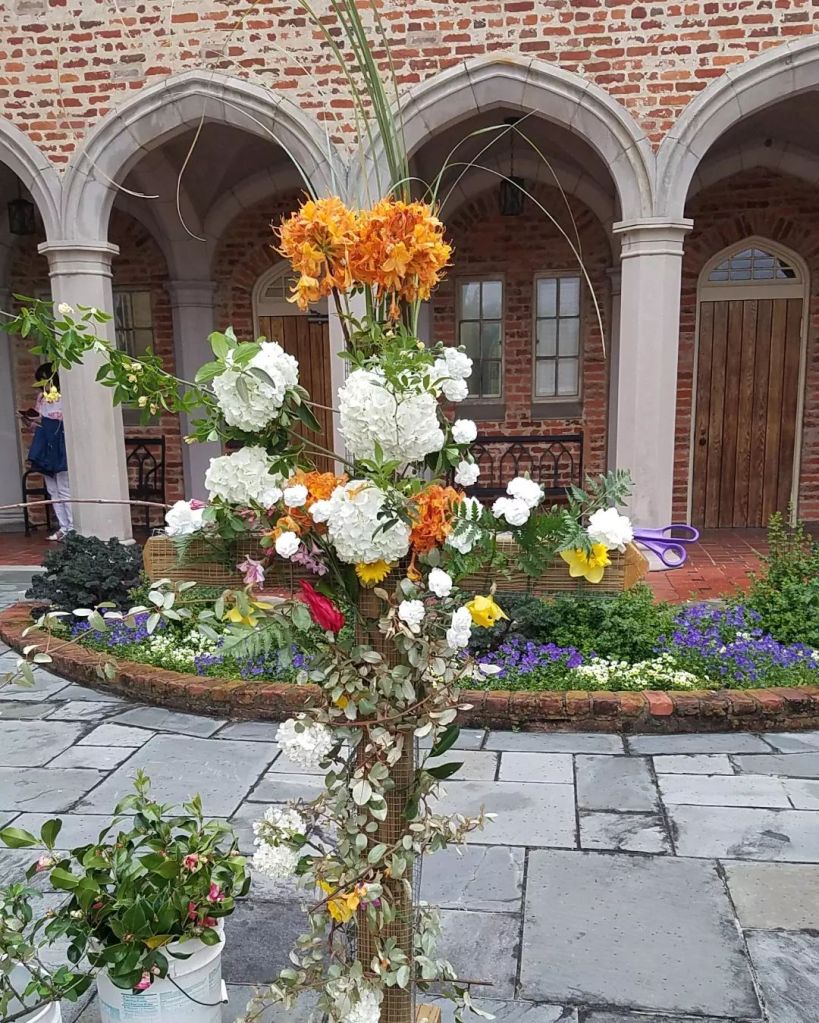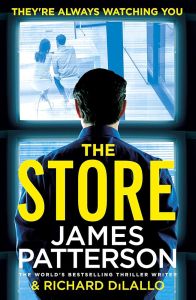Britain, late summer 1940. Jerry plans to pay southern England a visit, and Johnny Shaux and the other boys in the RAF intend on giving him a warm reception. Breaking Point is an unusual and fascinating fictional take on the Battle of Britain, telling the story from two points of view: first, we have the airman’s point of view through the eyes of Johnny Shaux, a cynical soldier who feels he has nothing to live for, but rises through the ranks thanks to talent and the fact that so many young pilots are dying; and second, through quasi-civilian eyes in the form of Eleanor Rand, a mathematician who is attempting to apply the insights of John van Neumann to create a strategic model for the RAF that will allow them to stage assets for maximum effectiveness, not only day by day but hour by hour. With Johnny, we’re getting ground-and-Spitfire level takes. We’re living in the mud with him at an emergency field, ascending into the skies and surrounded by fear and the unknown as much as the glass canopy: we see friends die and wonder if it’s worth it, if all this death is just delaying the inevitable. Eleanor, meanwhile, is consorting with increasingly higher ranks of the British command, at one point even meeting the prime minister and discovering that yes, he really does talk that way. Johnny and Eleanor were both math(s) students in their early years, and their unexpected reunion leads to feelings slowly simmering — in fact, neither of them will admit their obvious feelings for one another until Battle of Britain day, an epic engagement in which Britain loses many young men — including Shaux, seemingly. Having recently read a BoB novel, this seemed old hat at first, but Eleanor’s role gave the book a fresh twist, allowing readers to experience some of her mathematical reasoning and struggles to work with officers to convert it into strategic planning. The book delivers a good view of the misery and fear of those fighting, but also of their resilience and adaptability: at one point the boys pay a visit to a racing ground that is closed for the war, and — upon realizing that its buildings would be quite useful on their base, lead to them disassembling it and creating for themselves a home a little more substantial than tents. The writing was solid on the whole, my only kvetch being at the very beginning when one officer explained to another officer just why the air battle is important. Obviously, this is an explanation meant for the extremely casual reader, and it seems a little forced, but that’s a very petty complaint, and I plan on reading more of this series.
But for the moment there were no 109s, and he could sit all alone, high on his Spitfire, reveling in the way it freed him from the earthbound chains of mere mortals, soaring as on wings like eagles, as the Bible said. The awesome power of the twelve-cylinder Merlin before him, twenty-seven liters of engineering perfection, propelling him through the sky … The elegant wings, each square foot lifting twenty pounds of aircraft in defiance of gravity … One of the fastest, and arguably the best, aircraft in the world … Who could ask for more?
“You must be here to perpetuate one of the three great lies of modern civilization.” He definitely reminded her of Rawley. “I beg your pardon?” “There are three great lies. One is ‘The cheque is in the post.’ The second cannot be repeated to a lady. The third great lie is ‘I’m from headquarters; I’m here to help.’
His long conversations with Eleanor at Oxford—in truth her long monologues in which she had poured out her soul and he had listened— had emphatically not been a waste of breath. They had been a glimpse into somebody else’s soul, a bridge to the rest of humanity. If she was coming to Oldchurch and hoping to talk to him, then the future, at least the immediate future, was worth living for.
Why didn’t he just tell Eleanor he loved her and take his chances? How could he lead 339 through enemy formations without a qualm but be unable to summon up the courage to confess his adoration?
She chuckled; she must be the only girl in England trying to decide whether she loved a man by applying the general theory of relativity.
“I … I’ll do my best, sir.”
“As shall we all, Mrs. Rand, as shall we all, with gathering skill and might, until, in the fullness of time, Herr Hitler and his monstrous ménage lie choking in their own vile excrement.” He really does talk that way, she thought as Churchill stood to wish her goodbye.“So, if we put up with this, we’ll win?” Strictly speaking, Eleanor thought, according to minimax theory, if we put up with this, we won’t lose, but still…
“Yes, we’ll win.”
Coming up: Android bladerunners & the Cuban Missile Crisis




















